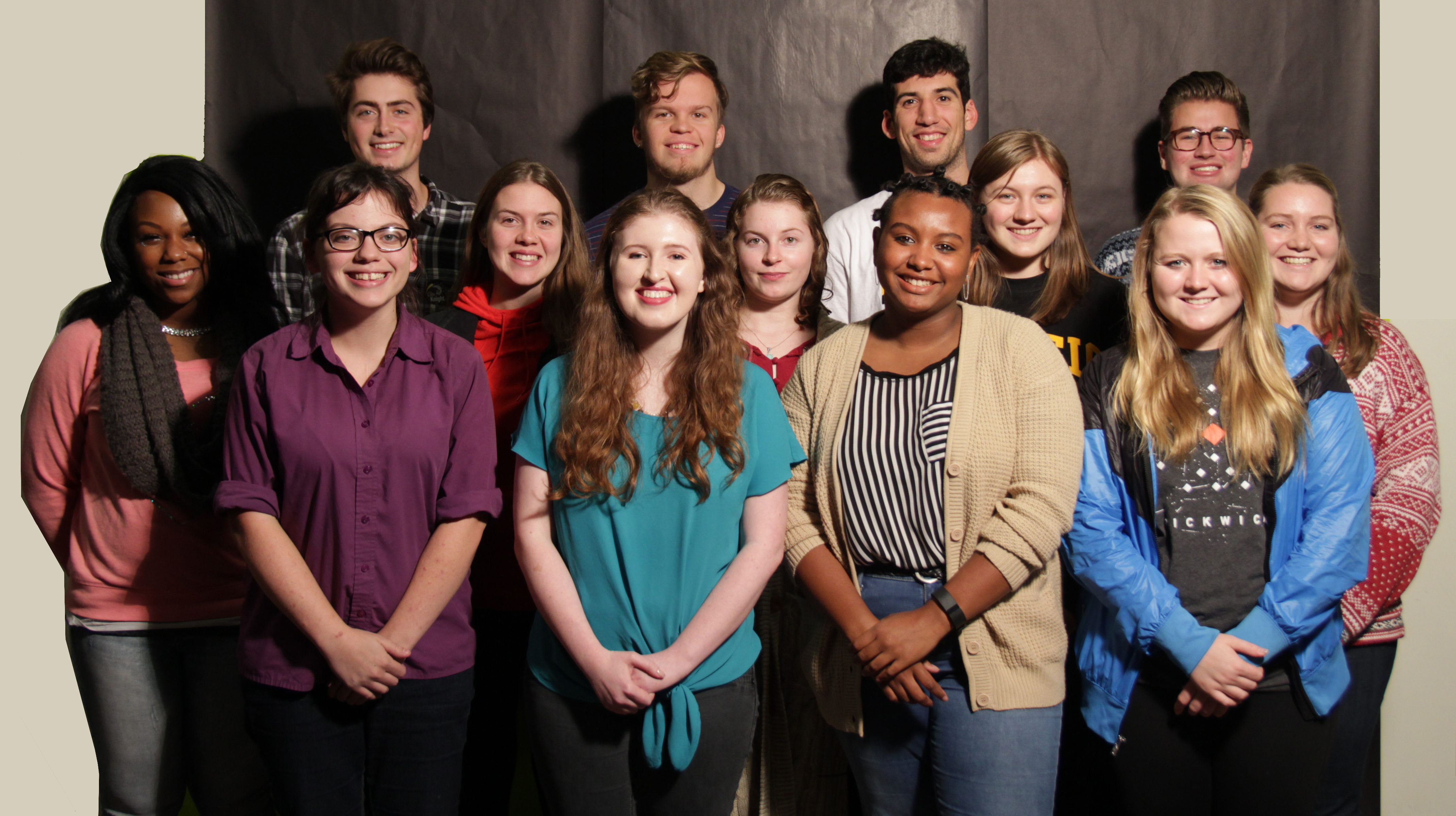By Samantha Lund, Columnist
Pacific Lutheran University is full of students from different backgrounds and different upbringings living together.
But just because we all go to the same school and live with one another does not mean we are all meant to be best friends and always get along. It is hard to live with people and see them every day, all day in any situation.
Hopefully we make some friends we enjoy spending that time with, but even those relationships are not going to be completely stable and perfect. Things about the other people begin to bother us, and things about us bother them, and eventually something comes up and we are in conflict.
We usually attempt to win and to solve the problem at whatever means necessary. What we never do is think about international negotiation in relation to our tiny social problems.
Sometimes winning is less important than understanding and relating to each other. At least give it a try before you do something drastic like cut your sleeping roommate’s hair or stay on the floor in a friend’s room rather than go back to yours.
“In my friend group, we usually deal with conflicts before they become a big deal,” first-year Karli Floyd. Floyd said she has had the same group of friends since sixth grade.
“When there was a conflict that had the potential to escalate, we tried to resolve it as soon as possible,” Floyd said. “I value the friendships that I have too much to let something break them up.”
Steinar Bryn visited campus last week and introduced students to a method of dealing with conflict across cultures. He is a six-time Nobel Peace Prize nominee and a leading scholar in conflict resolution. He urged students to remember two things: things take time and to create a safe place to talk.
Bryn used these methods on large scales with 10 or 20 people from different countries in conflict. In these situations, the conflict is normally a war or suppression.
Though we are in a different situation here on our safe campus, it is easy to get into a fight with someone and feel like you are at war.
You constantly see them on campus and it is impossible to avoid someone forever in such a small university. Your friends might feel like they have to take sides, and in the whole mess there are plenty of casualties.
Not to mention, if you do not sort out your problems, you lose a friend and you have to get over that loss as well. Sounds like a small-scale war to me.
Instead of dealing with the war and trying to just survive it, give fixing it a try. Understanding Bryn’s method can help. He fully believes that talking things out and hearing both sides cannot only help people relate, but can end conflict.
As young adults, we process things through talking about them and relating to other people. That is why PLU confessions pages and PLU compliments pages on Facebook are so popular — you want to know there are people out there like you.
Same with conflict. If you talk about your side and where you are coming from, the two sides might realize they are not very different. Or even better, they will realize that the whole conflict stemmed from a misunderstanding.
If talking it out and trying to relate does not help, some other methods to try could be to bribe them with cookies to be your friend again, tell them they are pretty, name your first born after them, sing them a song, set up a boxing ring and fight your problems out or just throw a tantrum and do not text them until they apologize — not childish at all.



















